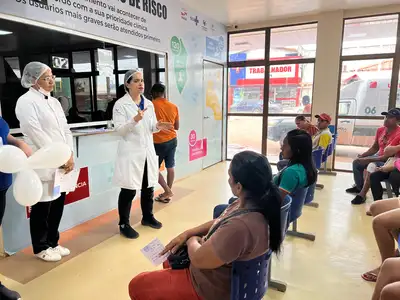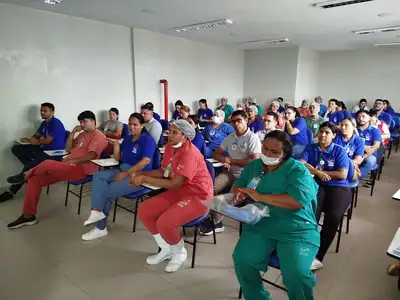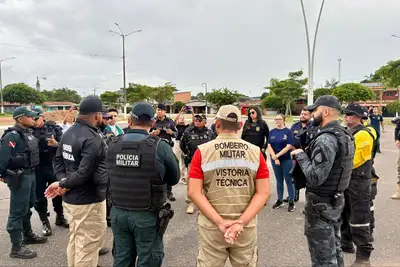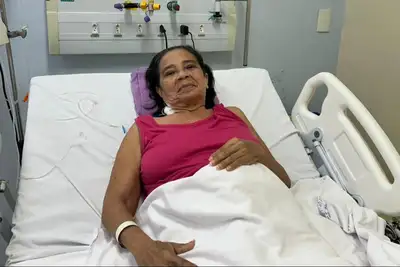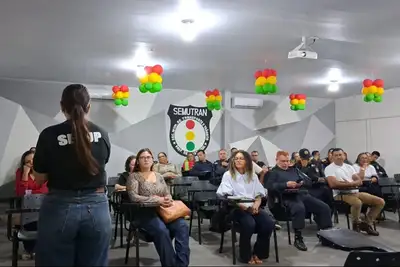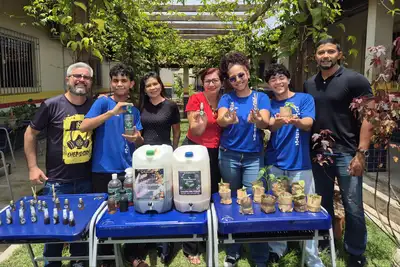Government of Pará strengthens support network for individuals with Autism Spectrum Disorder
Belém, Tucuruí, Capanema, Santo Antônio do Tauá, and Marabá already have specialized units. The next planned deliveries of centers will benefit residents of Santarém, Altamira, and Breves.
References in specialized care, monitoring, and support for individuals with Autism Spectrum Disorder (ASD) and their families, the Autism Spectrum Disorder Care Centers (Natea), delivered by the state government, bring together health, education, and citizenship services in an increasingly strengthened support network in Pará. The municipalities of Belém, Tucuruí, Capanema, Santo Antônio do Tauá, and Marabá already have Nateas, and the next planned deliveries will be in Santarém, Altamira, and Breves.
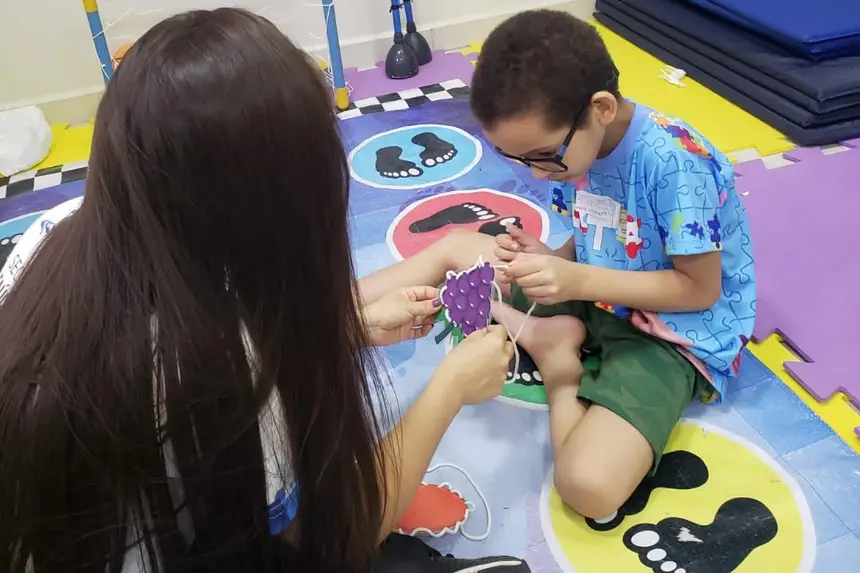
The Natea, a project conceived by the State Coordination of Autism Policies (Cepa), linked to the State Department of Public Health (Sespa), provides integrated, multidisciplinary, and humanized care based on scientific evidence, with services in occupational therapy, psychology, speech therapy, physical education, social assistance, nursing, and psychotherapy, among other specialties.
“We increasingly seek to decentralize these services in the state, understanding that many people in the interior of Pará face difficulties in traveling to a unit in search of diagnoses and interventions. Therefore, we strengthen partnerships with municipalities and also among state secretariats to bring services closer to the population,” emphasizes the technical psychologist of Cepa, Bianca Silva.
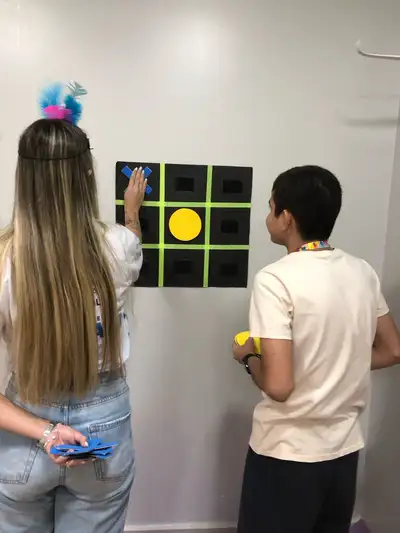
Advancements - Wanna Souza, mother of Ícaro Joel, 8 years old, who has been receiving care at the Natea of the Integrated Center for Inclusion and Rehabilitation (CIIR) in Belém for five years, celebrates her son's developmental progress. “The greater independence and better social interaction are the main points of evolution we have noticed since he started the routine of care at the Center. I dream of seeing Ícaro's future, going from school to college, to the job market. I believe he will have a full life, like any other person,” says the boy's mother.
The technical supervisor of the Natea at CIIR, Williams Silva, explains that monthly monitoring of the therapeutic goals of each user is conducted. “We identify the advancements in each user regarding basic skills for learning, in many cases, from sitting, waiting, having tolerance, to slightly more complex skills, which would be social skills, through which they will develop self-regulation, self-monitoring, and also develop interaction skills with peers, functional skills, and emotion identification,” he informs.
The Natea uses ABA Therapy (Applied Behavior Analysis), a scientifically validated approach for the development of individuals with ASD, aiming to teach social, communication, and autonomy skills, and reduce challenging behaviors. In 2024, an average of more than 17,000 monthly attendances were conducted throughout the state, exceeding 200,000 over the year.

Marabá – In April of this year, the state government delivered a Natea in Marabá, in southeastern Pará, which is part of the structure of the Polyclinic of Carajás. The initiative benefits populations from 17 municipalities in the region.
The executive director of the unit, Joabe Lopes, considers the Center an important advancement for the network of child care in Marabá and its surroundings. “It is a space for welcome and stimulation, designed to provide comprehensive support to individuals with autism and their families. Our commitment is to ensure humanized care, with qualified professionals and a structure that favors development and inclusion, strengthening bonds and expanding opportunities for each person with ASD and their families,” highlights the director.

Janaína Ferreira, mother of Juan Emanuel, 4 years old, becomes emotional when talking about the impact of her son's care in a specialized center. “The space brought more than consultations; it brought hope. The Natea truly welcomed us. Juan was received with affection, went through the first consultations, and I felt the care in every detail. Here, we found professionals who listen, guide, and make a difference in our journey,” she assures.
Legislation - The current state administration established Law No. 9.061/2020, creating the Coordination of Autism Policies (Cepa) in 2020. Since then, six main axes have been worked on by the Coordination, with an emphasis on individuals with ASD: health; education; social assistance; culture, sports, and leisure; work; and legislation.

Users have access to Nateas through referrals from Basic Health Units (UBS), via the State Regulation Center. The request is analyzed, according to the person's profile, by the State Regulation System of the Unified Health System (SER).


